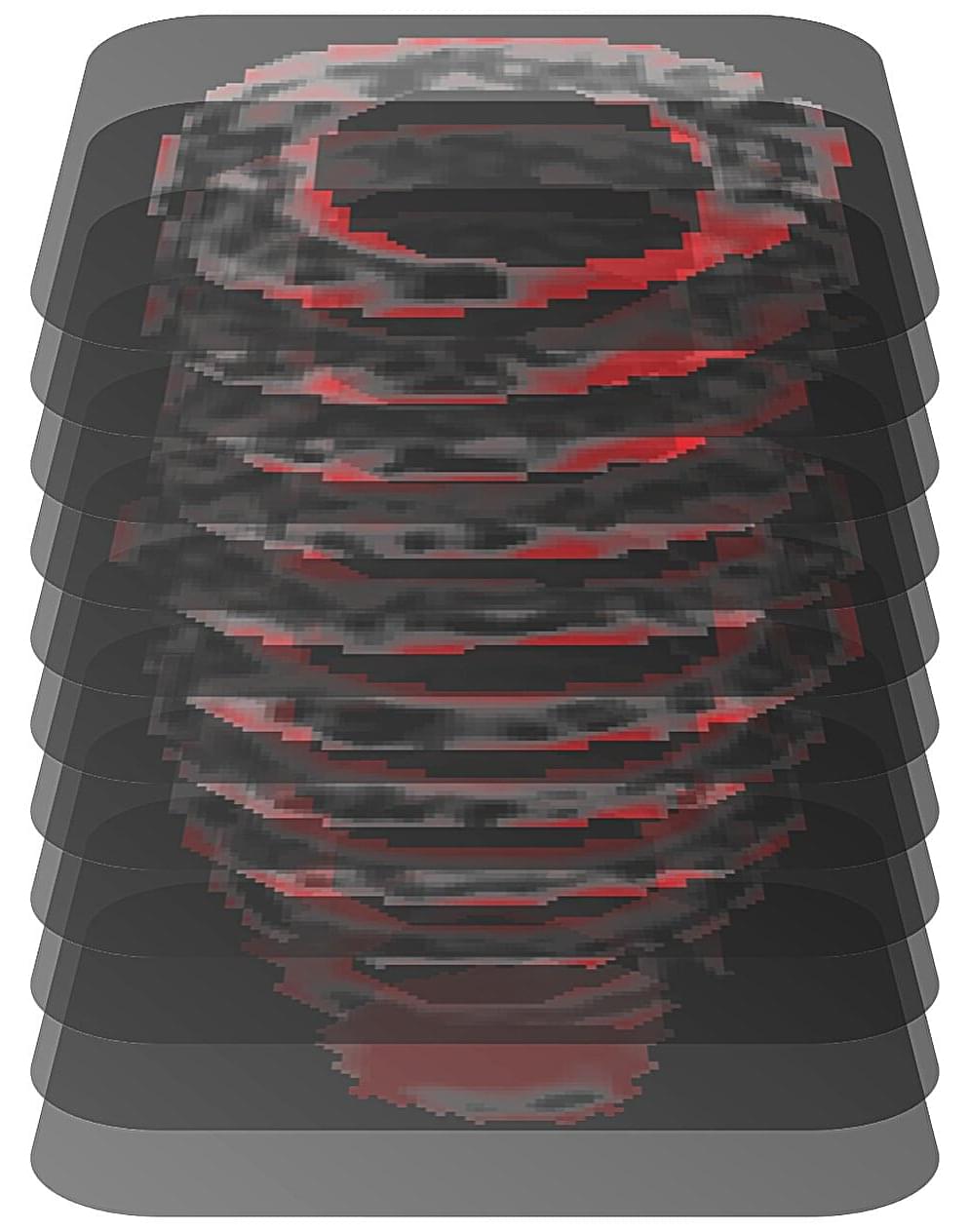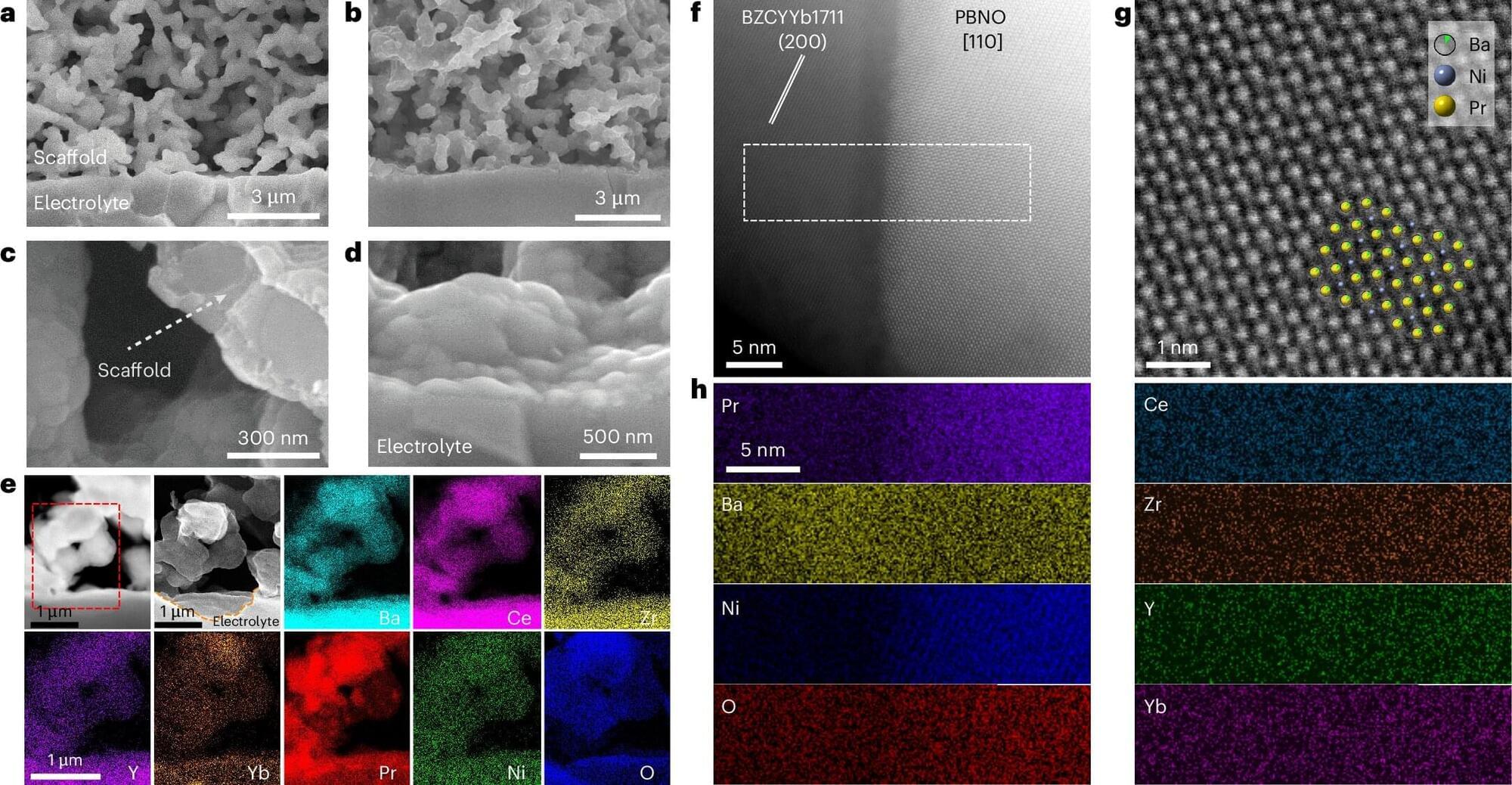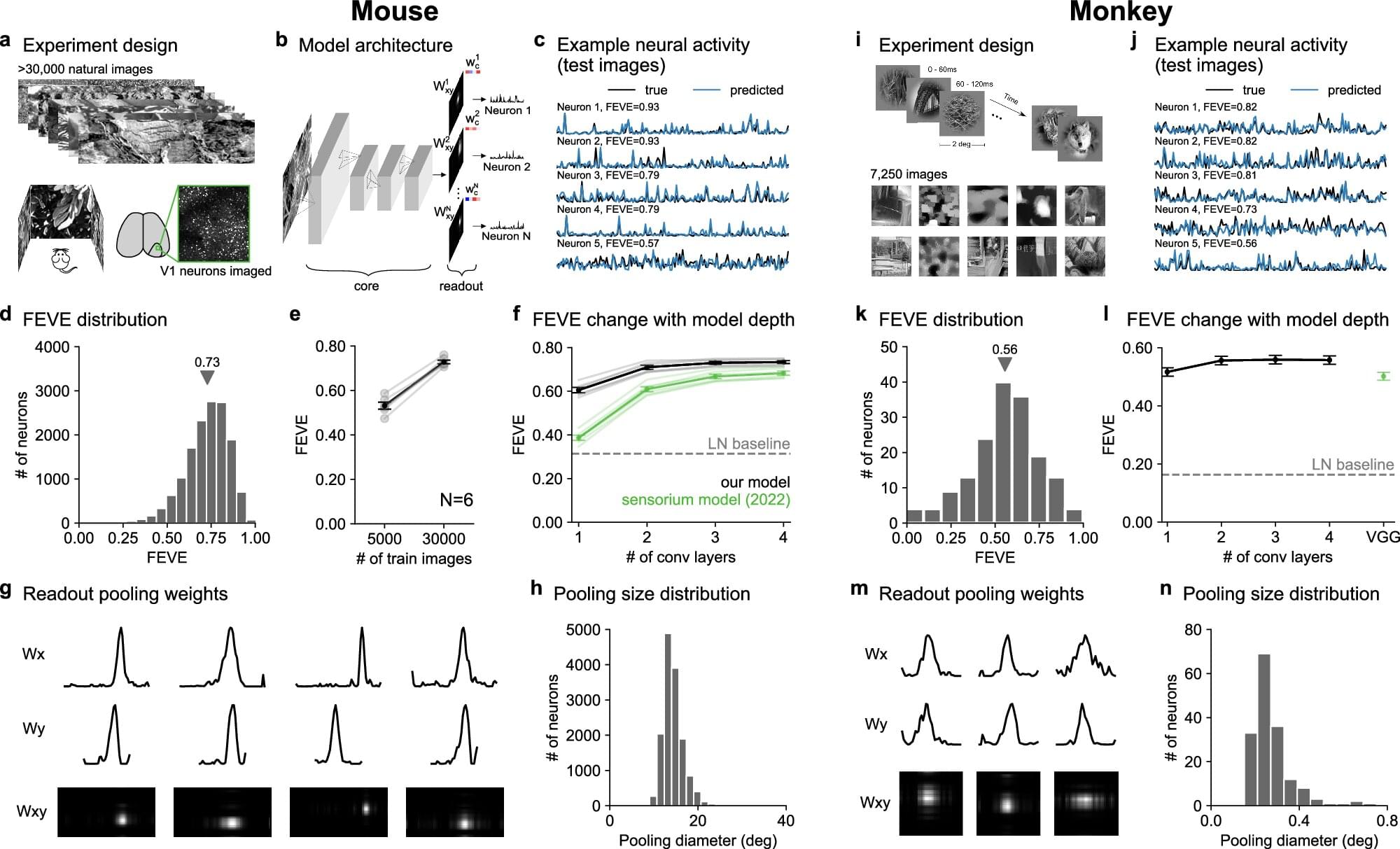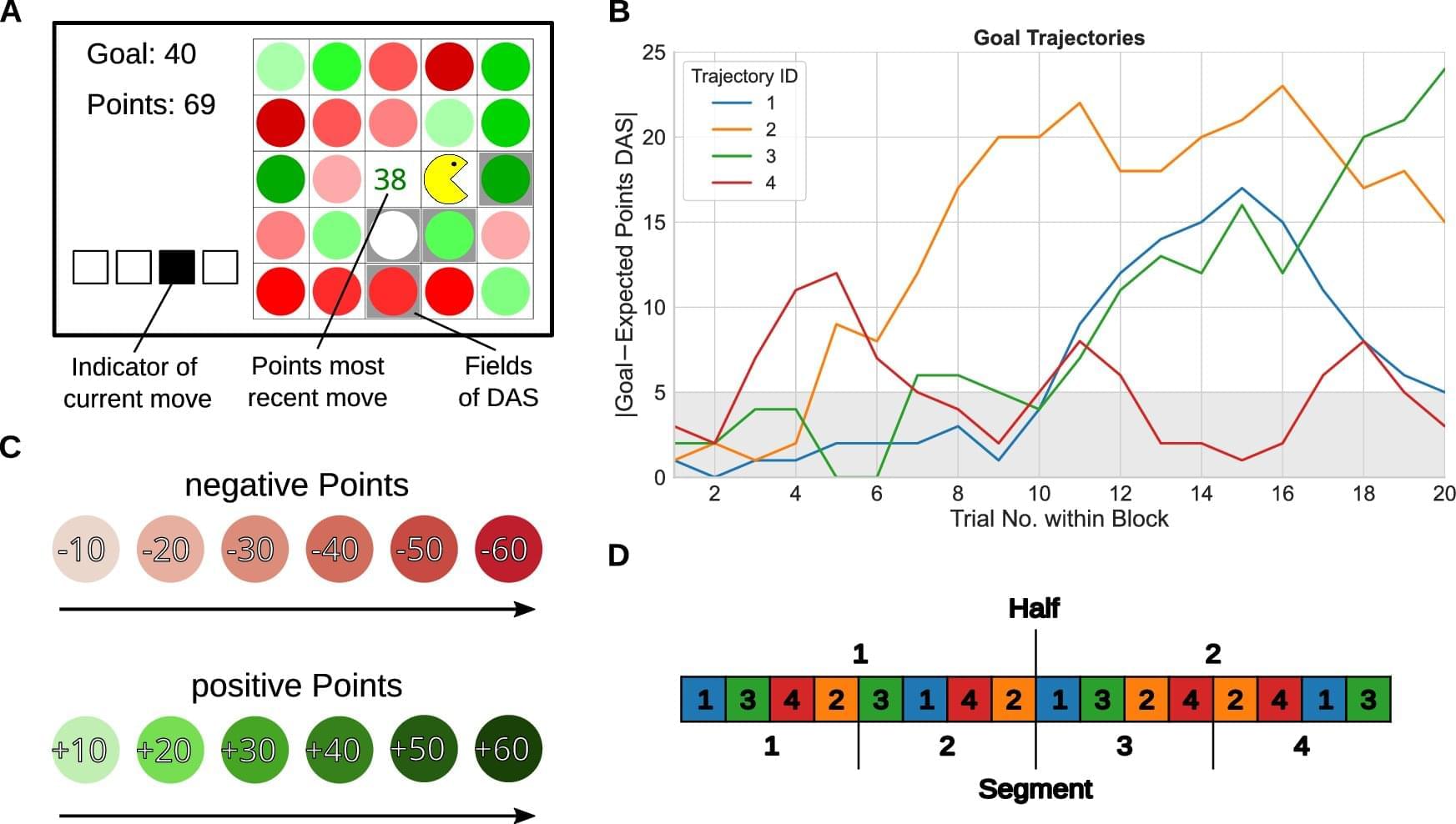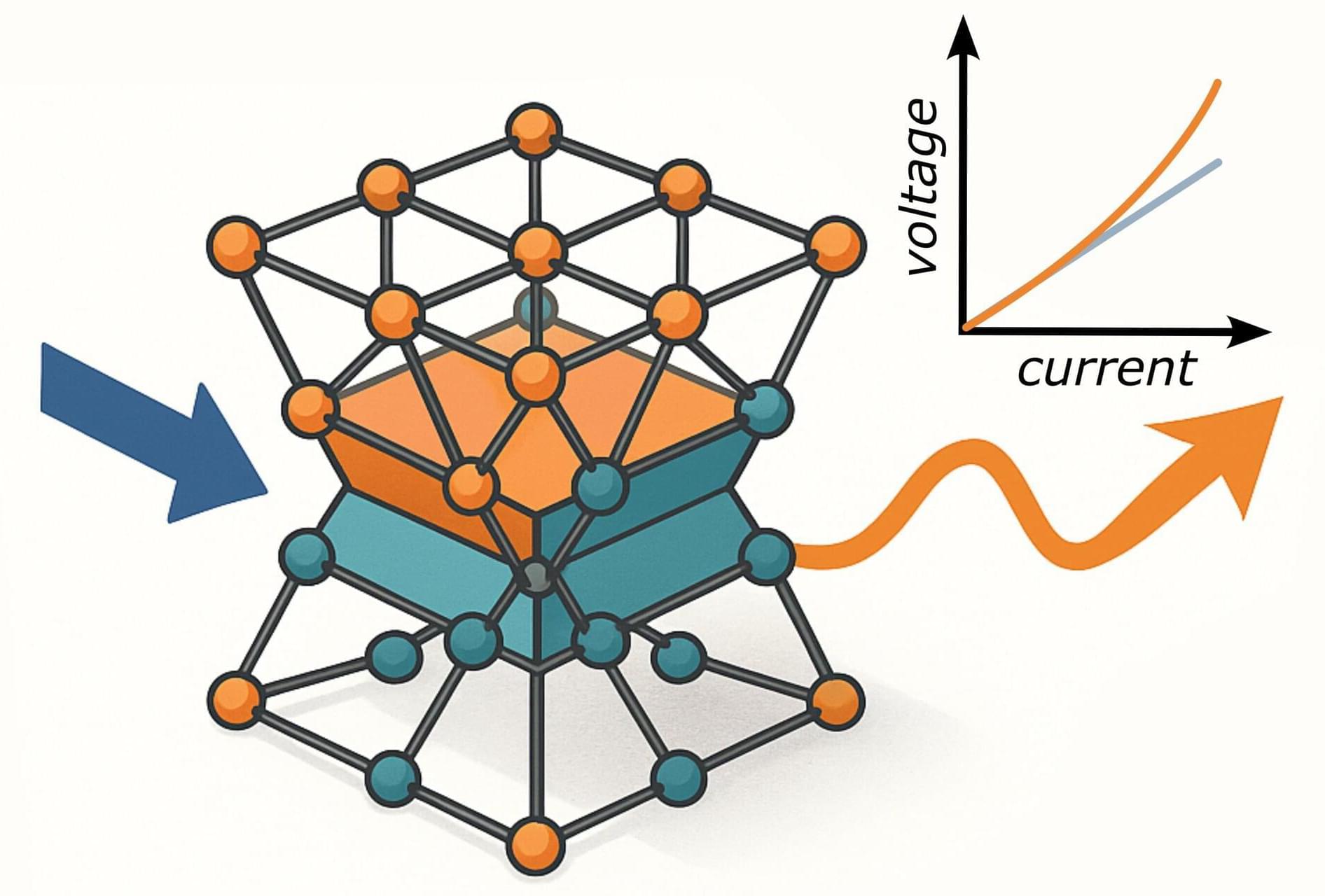A new study by scientists at the University of Colorado Anschutz Medical Campus reveals that joint tissue from patients with early-stage rheumatoid arthritis often have high levels of a protein called granzyme used by the immune system to attack pathogens.
The study also detected remnants of a bacteria that causes gum disease —gingivitis—in the tissue samples. While a connection between gingivitis and rheumatoid arthritis has long been suspected, this is the first time physical evidence of the bacteria in the joint tissue has been detected.
Researchers said the findings strongly support the hypothesis that these bacteria, initially colonizing gum tissue, somehow drive the development of rheumatoid arthritis, at least in some patients. How the bacteria get into the joints remains unknown. These findings, they said, could lead to earlier diagnosis and treatment of this chronic disease.

